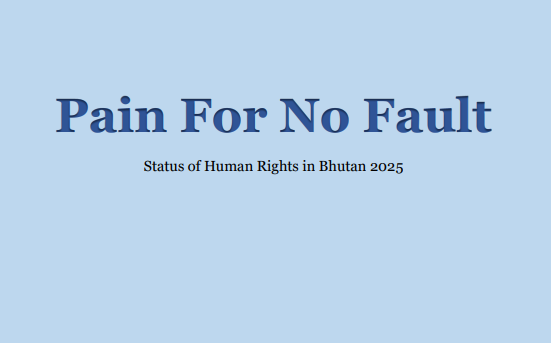Bhutan is undergoing significant socio-political and economic changes, with progress in areas like democratic governance, child welfare, and environmental sustainability. However, challenges persist. Restrictions on opposition parties, minority rights, and media censorship raise concerns about political participation. Press freedom is declining due to editorial interference and government advertising censorship, impacting media independence.
Ethnic minorities, particularly Nepali-speaking Bhutanese, face systemic discrimination, including barriers to citizenship and limited access to basic services. Out-migration rates are rising due to economic instability, while domestic job security and wage disparities remain unresolved.
Despite CEDAW ratification, gender inequality persists, with women underrepresented in leadership roles and facing economic barriers. Child welfare shows improvements, but issues like violence, substance abuse, and inconsistent enforcement of child labour protections remain significant, particularly in rural areas.
Environmental sustainability faces challenges such as water shortages and climate impacts on natural resources. Bhutan is implementing projects like ACREWAS to address these issues.
At its Universal Periodic Review at the United Nations Human Rights Council, Bhutan reaffirmed its commitment to human rights and sought international support to implement reforms addressing legal, gender, and environmental challenges.
